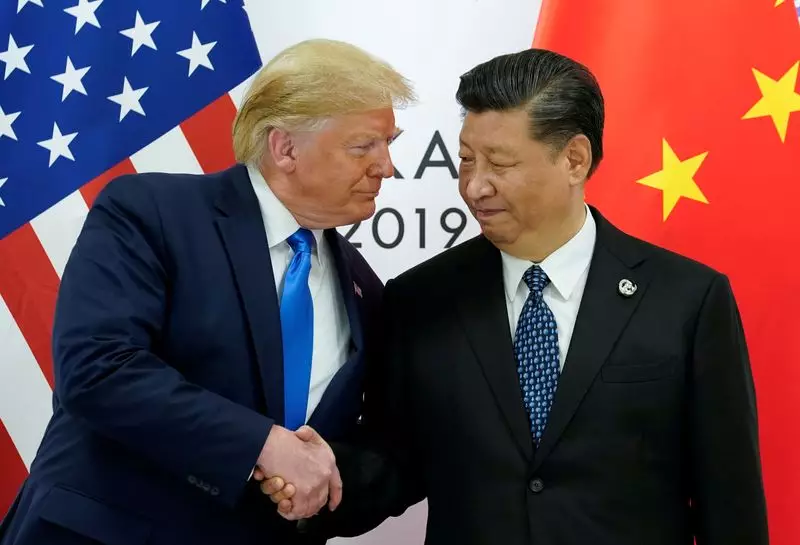The recent electoral victory of Donald Trump has sent ripples through the already complex relationship between China and the United States. China’s government displayed a commendable level of diplomatic decorum by acknowledging the results and congratulating the former president on his win. This gesture reflects Beijing’s recognition of the importance of U.S. leadership in global politics and the desire for a stable diplomatic framework moving forward. A spokesperson for China’s foreign ministry emphasized respect for the democratic choices made by the American populace, suggesting a willingness to engage with the Trump administration despite the turbulent history of their interactions.
The historical backdrop of U.S.-China relations is characterized by fluctuating tensions, particularly surrounding trade practices and issues of national security. Trump’s first term saw the initiation of a trade war, significantly impacting both economies. The continuation of these issues under the Biden administration has set a challenging stage, with steep tariffs imposed on a variety of Chinese imports. Trump’s promise to enforce even harsher tariffs—a staggering 60% on certain goods—could further exacerbate existing economic vulnerabilities in China, particularly in light of current domestic challenges such as housing market instability and sluggish consumer demand.
The potential tariffs under Trump pose severe risks for China’s economic landscape. Given that they could surpass the already imposed rates of 7.5% to 25%, the stakes are incredibly high. China is currently navigating through a period of economic fragility, grappling with extensive local government debt and a property market downturn that could limit economic growth. The Chinese state-run media, particularly China Daily, has urged the new U.S. administration to pursue a “pragmatic” strategy to address the differences that have historically strained their relations. This perspective emphasizes the importance of constructive dialogue and collaboration, especially when global challenges require unified efforts.
China’s proposition for a pragmatic approach extends beyond mere tariffs; it encompasses a broader vision for navigating issues like climate change, technological competition, and global public health. As the two powers stand at a crossroads, their ability to surpass historical grievances in favor of mutual growth could mark a new approach in their diplomatic engagements. The editorial in China Daily remarkably encapsulates this sentiment, describing Trump’s second term as a potential “new beginning” for the relationship, contingent upon an ability to utilize the opportunities presented.
Ultimately, the path forward will require substantial flexibility, understanding, and communication from both nations. With domestic and international challenges looming, both countries must recognize the interconnected nature of their economies and the mutual benefits of collaboration. As Trump prepares to take office, the world watches closely to witness whether his administration can pivot from conflict to constructive engagement, paving the way for a more stable and prosperous bilateral relationship that aligns with the complexities of an ever-evolving global landscape.

